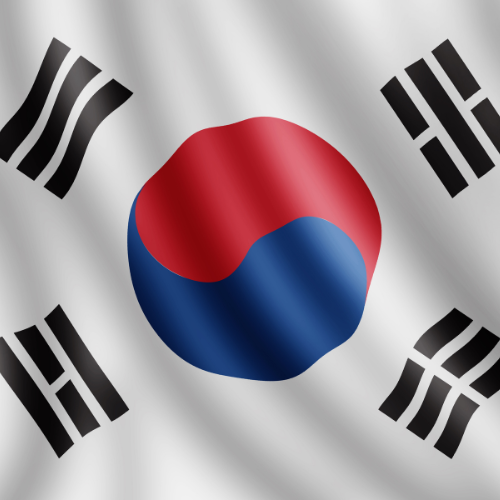Crowds rejoice as South Korean president ends martial law
In a dramatic turn of events, South Korean President Yoon Suk Yeol withdrew a martial law order early Wednesday following widespread protests and chaotic scenes in the nation’s capital, Seoul. Crowds erupted in jubilation outside the National Assembly as the president announced the reversal during a televised address at 4:30 a.m. local time.
The martial law order, declared late Tuesday night, had initially been justified by Yoon as a necessary measure to protect the nation from “North Korea’s communist forces” and to “eliminate anti-state elements.” The unexpected declaration prompted an immediate outcry, with thousands of protesters gathering outside the National Assembly to denounce the decision. Some lawmakers scaled the walls of the parliament building to bypass police lines and convened a session to vote against the order. Despite their efforts, the military initially maintained its position, asserting that the order could only be revoked by the president himself.
Hours later, in a surprising reversal, President Yoon announced the withdrawal of martial law, confirming that his administration would align with the demands of the National Assembly. The decision prompted cheers and celebrations from protesters who had endured freezing temperatures to express their opposition. Demonstrators outside the assembly celebrated the victory with chants of triumph, and one protester marked the moment by beating a drum, according to reports.
Martial law, which places the country under military rule and suspends civil rights, had not been imposed in South Korea since its return to democracy in 1987. The last instance occurred in 1979 following the assassination of military ruler Park Chung Hee during a coup. Yoon’s declaration marked an unprecedented move in South Korea’s modern history and drew criticism from both domestic and international observers.
President Yoon’s administration has faced mounting challenges in recent months, including a landslide defeat in April’s general election, which gave the opposition a commanding majority. His government has also been plagued by corruption scandals, including allegations of the First Lady accepting luxury gifts and accusations of stock manipulation. These issues have further eroded Yoon’s political standing, with the opposition proposing drastic budget cuts and pushing to impeach several cabinet members and prosecutors.
When declaring martial law, President Yoon initially pointed to threats from North Korea as the justification for his decision. However, he quickly shifted focus, accusing the opposition of leveraging its parliamentary majority to block his government’s agenda. This abrupt move raised alarm internationally, with allies expressing concern about the implications for South Korea’s stability. The U.S. State Department emphasized its strong alliance with South Korea, describing it as “iron-clad,” while also voicing serious concern over the escalating situation. Similarly, the UK government announced it was closely monitoring developments, reflecting the global unease over the potential impact of the decision.
Although the swift withdrawal of the martial law order has temporarily reduced tensions, it has highlighted the fragile state of Yoon’s administration and the deep political divisions within the country. Analysts suggest this episode could have lasting consequences for South Korea’s democracy and further weaken the president’s already embattled leadership.









